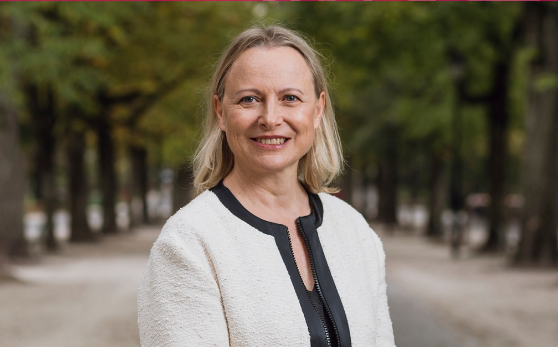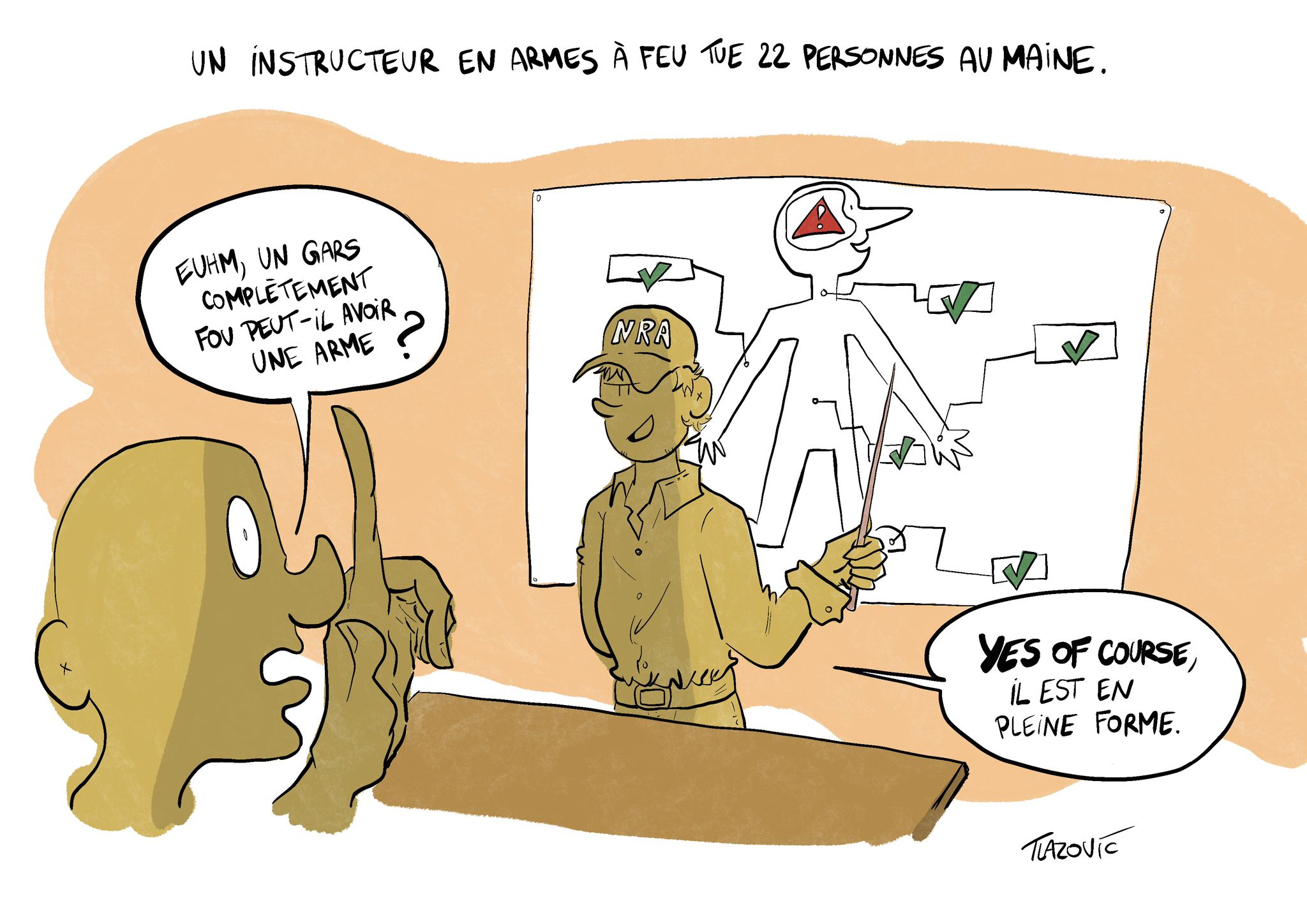In 1789, the University of North Carolina was chartered as America’s first public university. Its founding values were lux and libertas- light and liberty. For almost as long as the entire country of America has existed, the University of North Carolina at Chapel Hill has existed as a place for tolerance and peace. In the 1960s, notorious Republican senator Jesse Helms suggested that “we build a fence around” the school he disdainfully referred to as the “University of Negroes and Communists”. Partly in response to this comment, and also in response to Cold War-era legislation prohibiting free speech on campus, UNC students and president William Friday went to court to defend freedom of speech. Chapel Hill is known for being one of the most progressive and accepting communities in the South, if not in the nation.
That’s why I, as a UNC student living abroad for a semester, was devastated to hear about the murders of three Muslim students living in Chapel Hill this Tuesday. Two of the victims, Deah Barakat and Yusor Mohammed, were a married couple and both students of UNC’s School of Dentistry. The third, Razan Mohammed Abu-Salha, was a student at NC State University (a school nearby, in Raleigh NC). Late on Tuesday afternoon, police received reports of gunshots in an apartment complex close to UNC’s campus. Upon investigation, the authorities found the three young students dead on the scene. Later that evening, Craig Stephen Hicks turned himself in and was charged with three counts of first-degree murder. The police initially attributed the murders to a dispute over a parking spot. Later in the day, statements from the police included the following statement: “Our investigators are exploring what could have motivated Mr. Hicks to commit such a senseless and tragic act. We understand the concerns about the possibility that this was hate-motivated and we will exhaust every lead to determine if that is the case. Our thoughts are with the families and friends of these young people who lost their lives so needlessly”.
The role of ethnicity and religion in this incident has sparked protest and outrage. Where is the justice in media attention? Since I am a student, I received regular email updates about the shooting from the police department. Those who were not students, however, were outraged at the lack of timely media coverage. Many objected to the terminology used by the mainstream media. If the ethnic roles had been reversed (three white students killed by a Muslim extremist), it would have been considered an act of terrorism. News teams would have flocked to Chapel Hill, and the story would have broken national news almost instantly.
The shooting has been compared to the Charlie Hebdo attacks in Paris just a month earlier. The media immediately centered on the fact that the shooters in Paris were Muslim- lumping them into the general Muslim population, portraying them as violent fundamentalists. In America, this is the way we nearly always hear about Muslims- as part of an attack on the Western world and Christianity. When non-Muslims are killed by Muslims, Islam is always discussed as having a direct role. When Muslims are killed by non-Muslims, however, religion does not seem to have such an influence on the motives.
From the day of the shooting, Chapel Hill police have maintained that Craig Stephen Hicks’ primary motive for killing was a dispute over parking. The families of the victims beg to disagree- the event is a hate crime and should be treated as such. Hicks was an atheist who mocked all religions. According to Yusor Mohammed’s father, he had had altercations with the three victims before and made them feel unsafe and uncomfortable. He kept a store of weapons, photos of which he shared on his Facebook page (along with his opinions on Muslims and Christians alike). What stuck out to me in the event was the manner in which he shot all three students: one by one, with a bullet in the back of the head. To me, this was not a killing spree inspired by rage or frustration- it was a pre-meditated, chillingly executed plan.
As an American, I am angered by all of these injustices. Why is our media afraid to treat Muslims as human beings? Why is Hicks called an unstable man, mentally deranged, depressed, and other terms to excuse his behavior instead of being categorized as an atheist extremist, as a Muslim who committed the same crimes would be categorized as a Muslim extremist? Why is our media afraid to bring attention to the fact that white Americans are just as capable of being terrorists as the people we have been taught to systematically fear? Why must they humanize non-Muslim killers while defining the victims only as Muslims, instead of the bright and kind students that they were? I cannot help but feel that 9/11 is partly responsible. The impact of those terrorist attacks, which happened when I was only six years old, has changed many parts of American life. People from politicians to airline security agents to an unemployed man living in Chapel Hill have been conditioned to fear people wearing head scarfs, turbans, long beards, and other traditional Muslim clothing. The word “terrorist” has come to mean “Islamic extremist” to our population, instead of its true definition: one who uses unofficial or unauthorized violence in pursuit of political aims. Are the media’s portrayals of Muslims partly to blame for anti-Muslim sentiments?
As a Chapel Hill student, I am heartbroken. Chapel Hill is known for being tolerant and accepting. How has this disturbed our sense of community? I can only imagine how the Muslim students on campus must be feeling. Every student should have the right to feel safe in the community they live- being Muslim is not a crime. In her statement following the shooting, UNC Chancellor Carol L. Folt said, “Such an act of violence goes against the very fiber of our community and society. It also creates a sense of vulnerability for all of us, especially members of the Muslim community.”
Despite the tragedy and injustices in this incident, however, popular support has surged for the victims, their families, and the Carolina community. The social media response to the attacks was enormous. Twitter users were quick to express their disillusion with the media’s coverage of the event, using the hashtags #MuslimLivesMatter and #ChapelHillShooting. They struggled to bring the victims’ lives into context, giving them personalities beyond “three Muslim students”. A candlelit vigil was quickly organized at UNC, where students gathered to show their support for the community and share their anguish from this horrible crime. The vigil was designed to honor the victims and appeal to the community for calm. The reaction of the Carolina community and people across America is encouraging. As we continue to combat prejudice and injustice, we know that in Carolina, we have a community committed to change.




Laisser un commentaire
Vous devez vous connecter pour publier un commentaire.